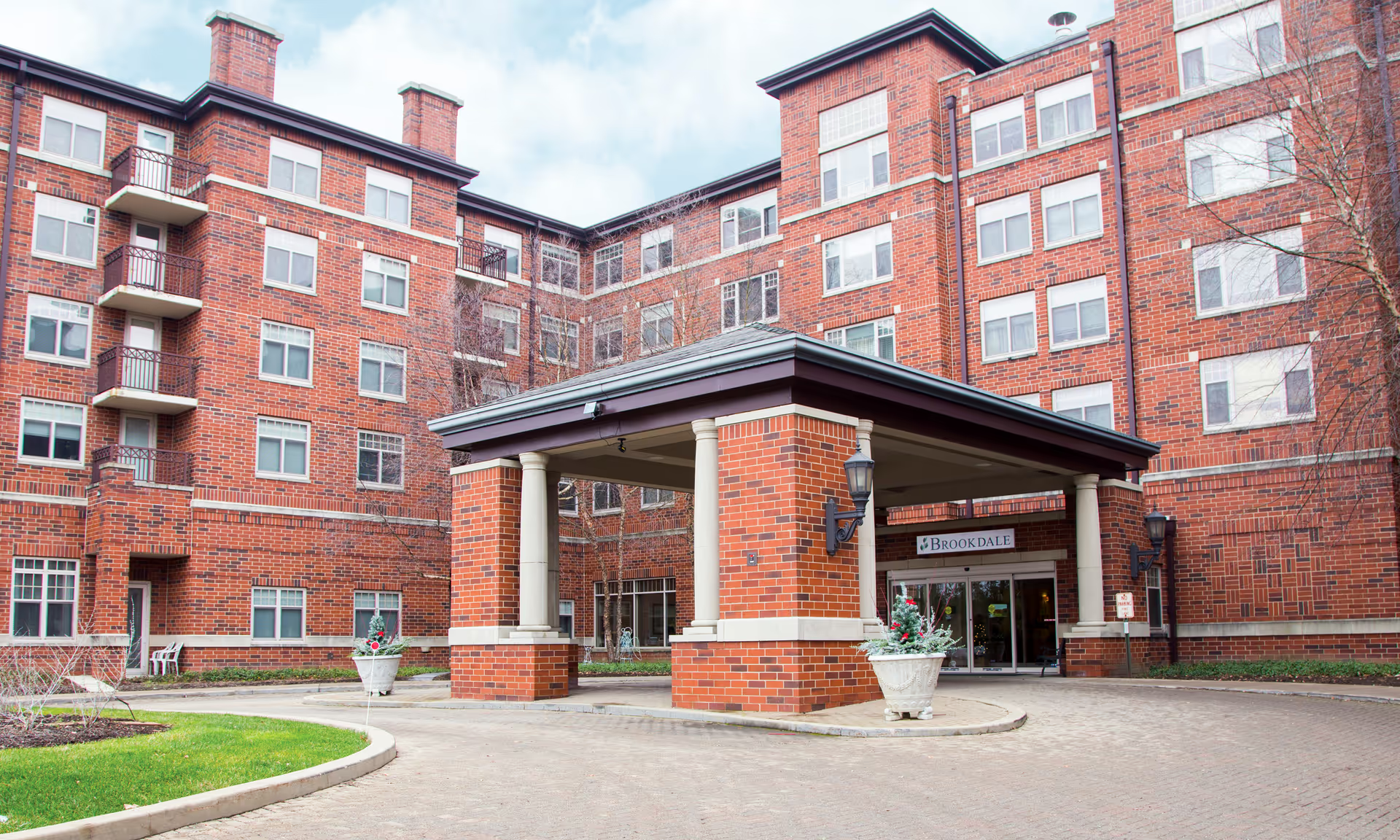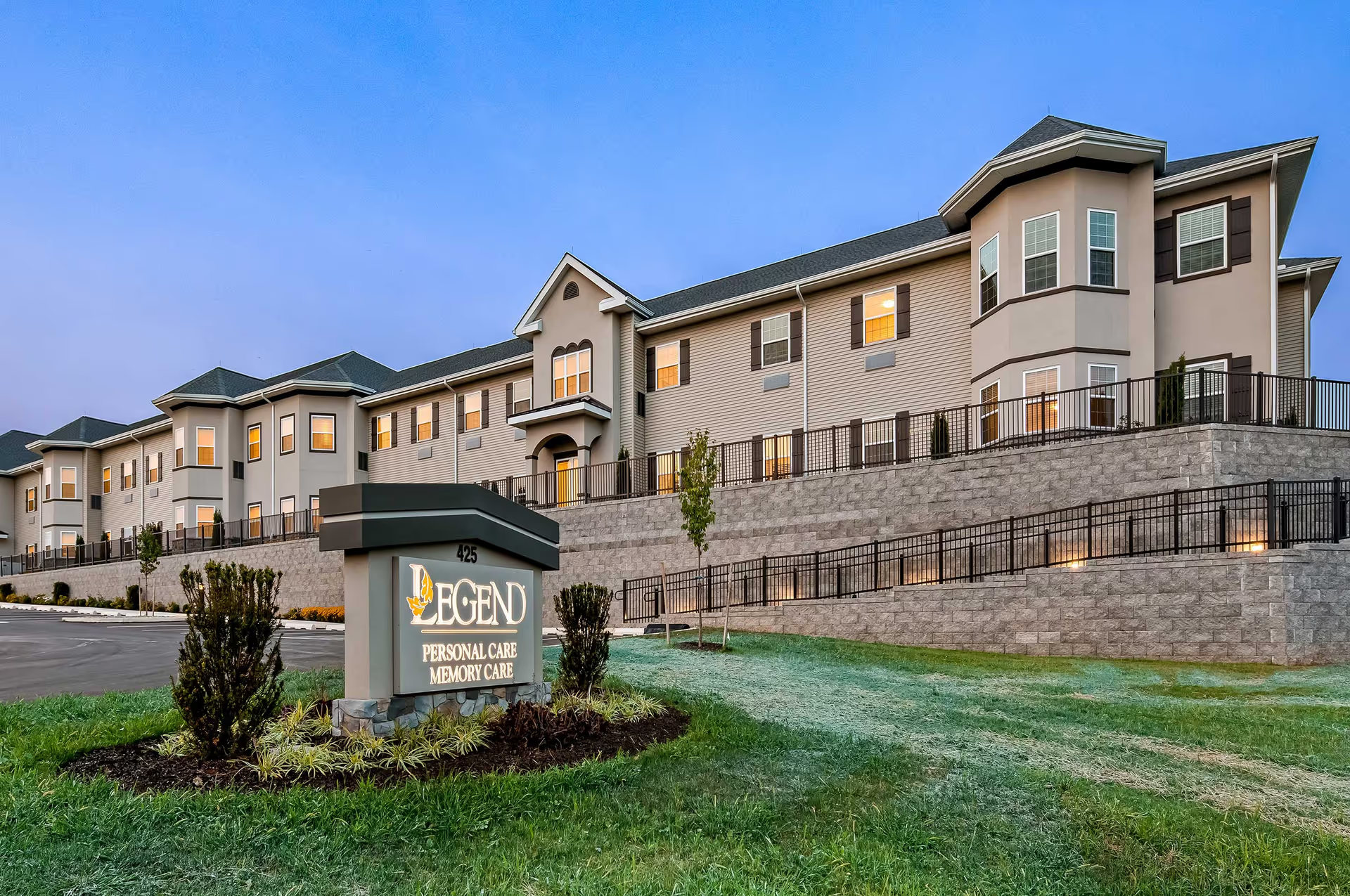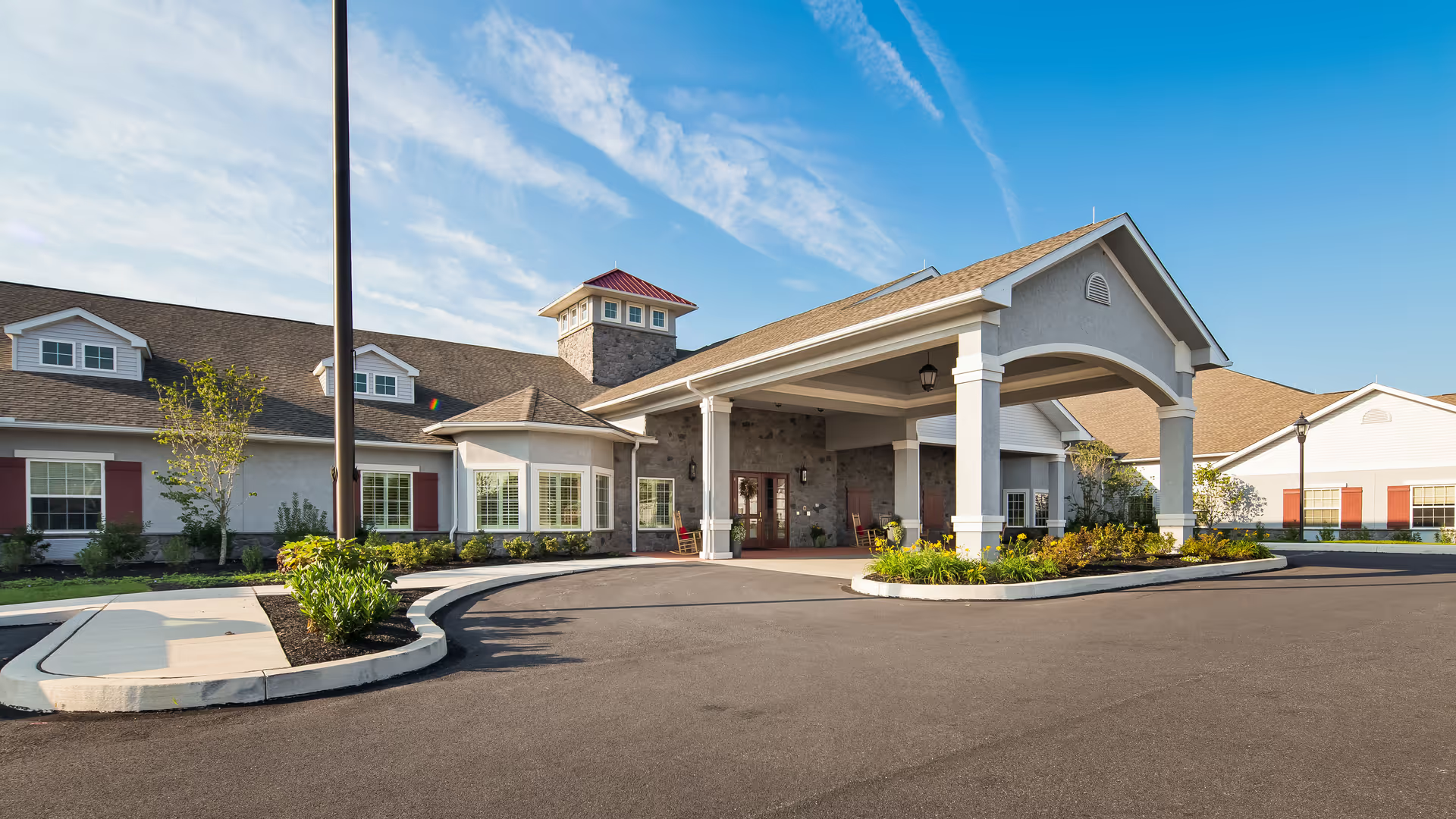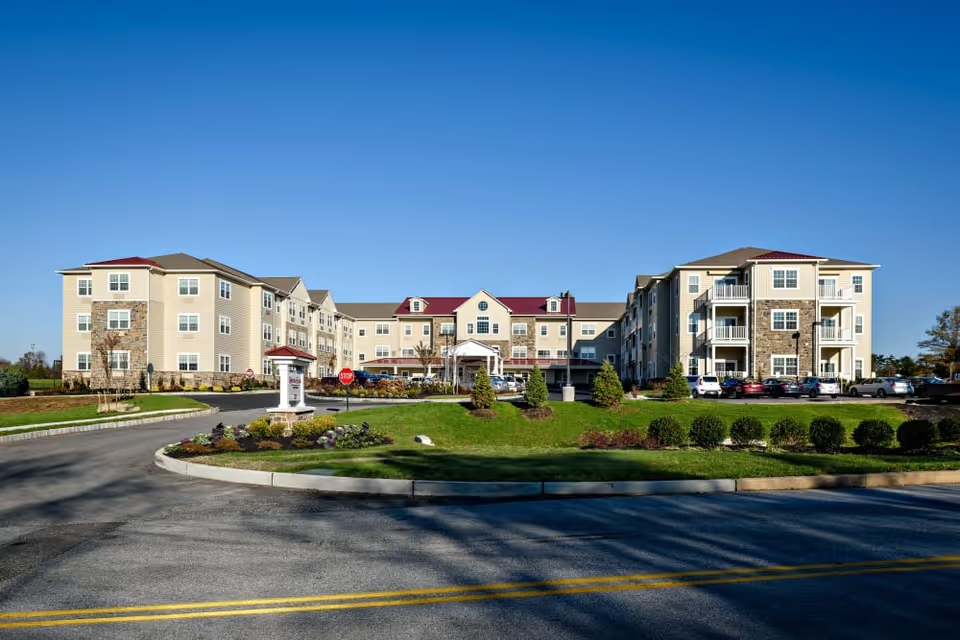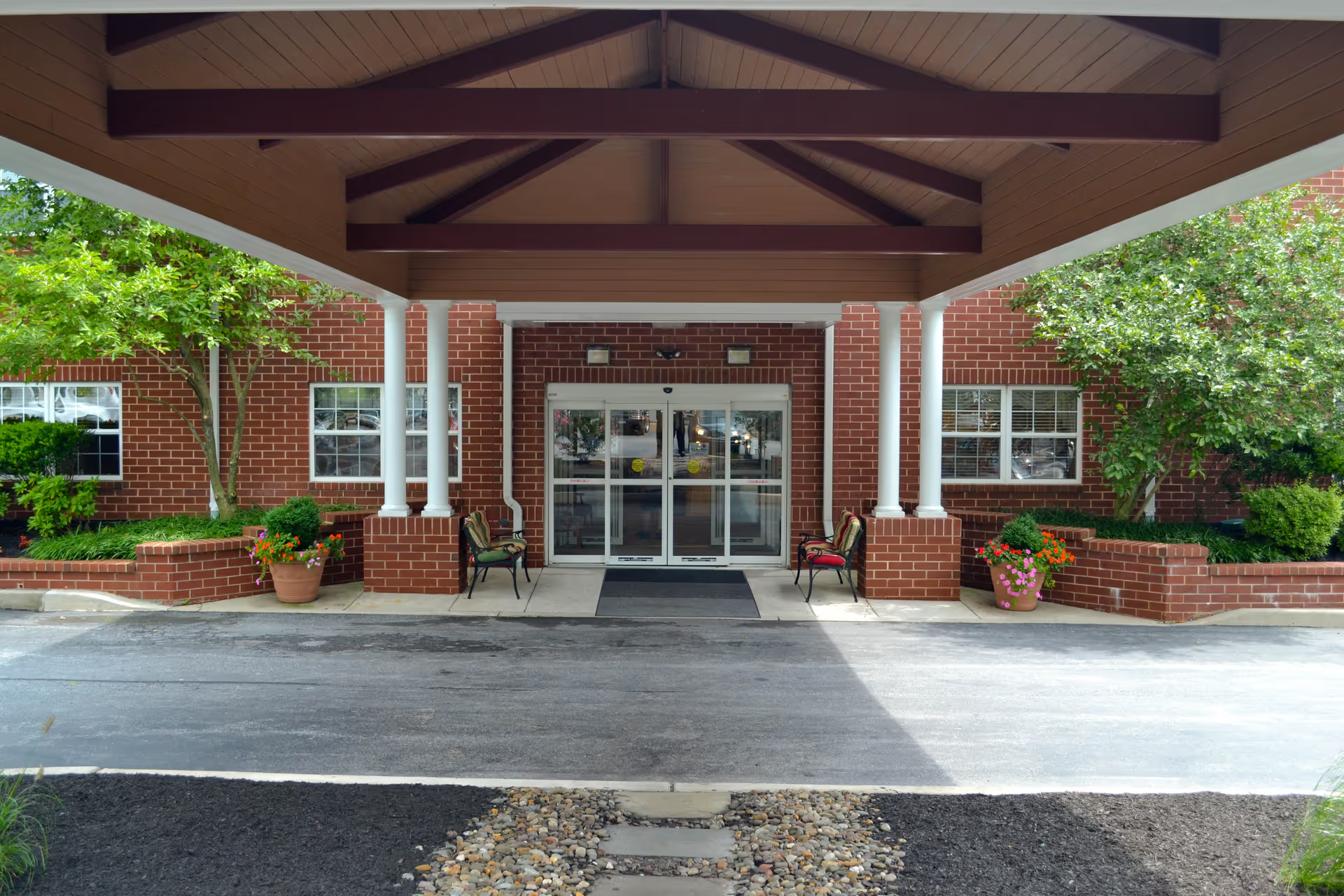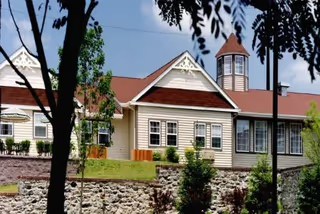Overall sentiment about Roman Eagle Rehabilitation And Health Care Center is mixed but leans positive in several important areas. Multiple reviewers highlight strengths in clinical and rehabilitative services: therapy and rehab are consistently called out as good, and at least one reviewer credits the facility with strong outcomes for an advanced-age resident (a 102-year-old). The presence of an on-site doctor is mentioned as a notable advantage that supports clinical care. Several comments emphasize that the facility is well run and attractive, with caring staff and an increase in staff members who demonstrate concern for residents. Cleanliness and the physical condition of the facility receive praise from some reviewers, and a specific positive incident—replacement of a lost tooth—was cited as an example of attentive, practical care.
Dining and meals are another clear strength in the reviews. Multiple people indicated that the food is "really good" and that meals are served in a timely manner. For residents and families prioritizing nutrition and consistent meal service, this is a recurring positive theme. The facility is described as large and beautiful by several reviewers, which combined with reports of good management contributes to an overall impression of a competent, organized organization for many families.
However, there are important and recurring concerns that temper the positive comments. The single strongest negative theme is inconsistent care quality: while some reviewers praise attentive care, others report poor care experiences—examples include delayed medication administration, nurses who are slow to give meds, and aides described as rough or incompetent. Medication delays and staff responsiveness are mentioned multiple times; these issues are clinically significant and should be probed by any prospective resident or family. A few reviewers go so far as to say they would not recommend the facility, indicating that negative experiences are not isolated.
Other facility-related concerns include odor control problems and limited activities. Although activities are present, several reviewers noted there are "not many activities," which could affect quality of life for residents who want more engagement. Rooming is another practical limitation: at least one reviewer noted that rooms are not spacious and that shared rooms are used, which may be an important factor for families prioritizing private accommodations.
There is also a note about initial reputational concerns: one reviewer mentioned negative rumors that caused worry initially, although that same reviewer later described the facility as well-run and providing good care. This pattern—initial hesitation followed by a positive experience—suggests variability in expectations and outcomes depending on individual circumstances and timing.
In summary, Roman Eagle shows several clear strengths: good rehab/therapy services, on-site physician coverage, timely and well-liked meals, attractive facilities, and examples of attentive, accommodating staff. These positives are balanced by significant caveats: inconsistent care experiences (notably medication delays and reports of rough or incompetent aides), some odor issues, limited activities, and smaller/shared room options. Prospective residents and families should weigh these contrasts, ask targeted questions about staffing ratios, medication administration processes, activity programming, room types/availability, and odor control measures, and, if possible, tour the facility and speak with current residents or family members to get a sense of day-to-day consistency before making placement decisions.


